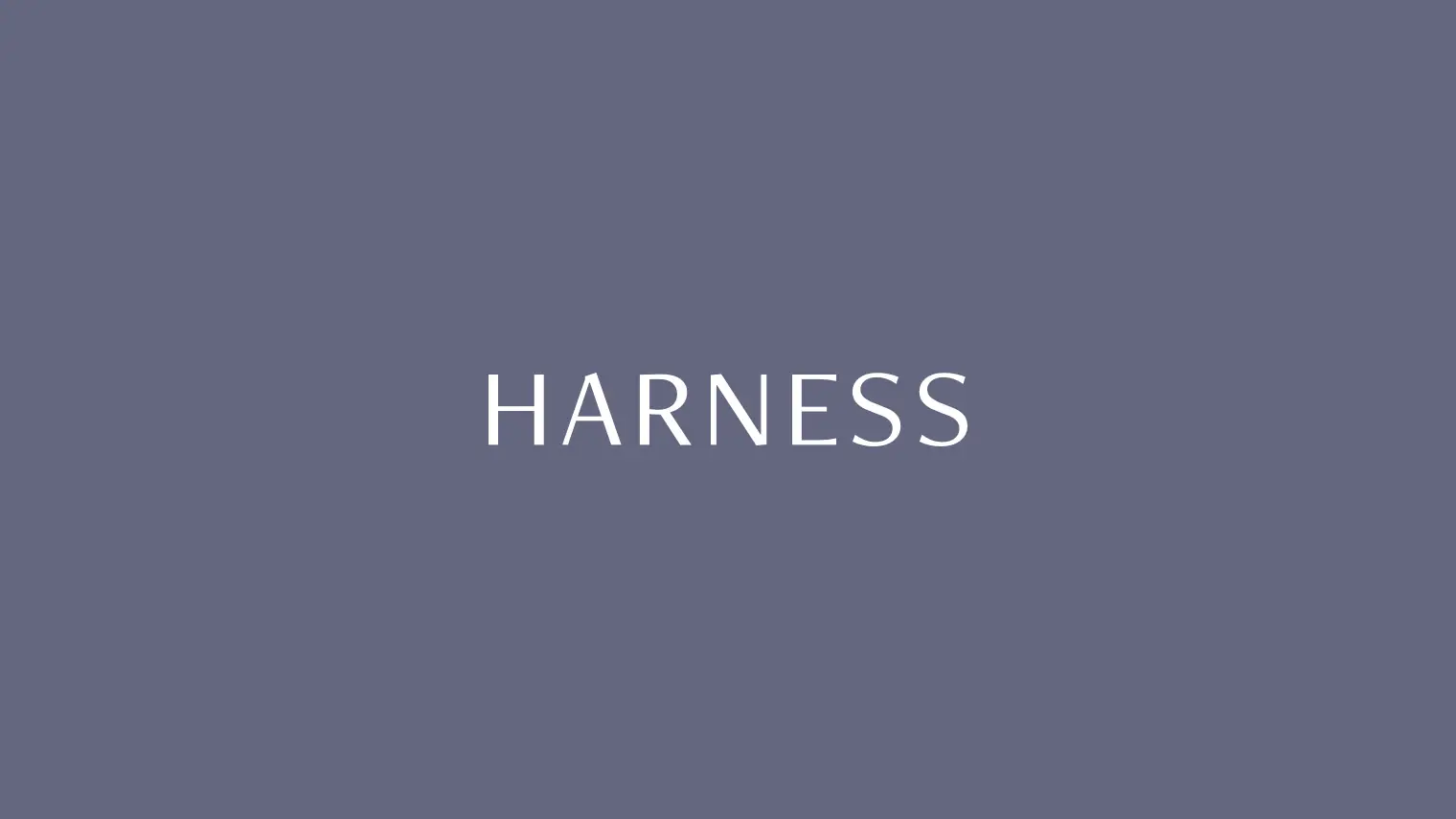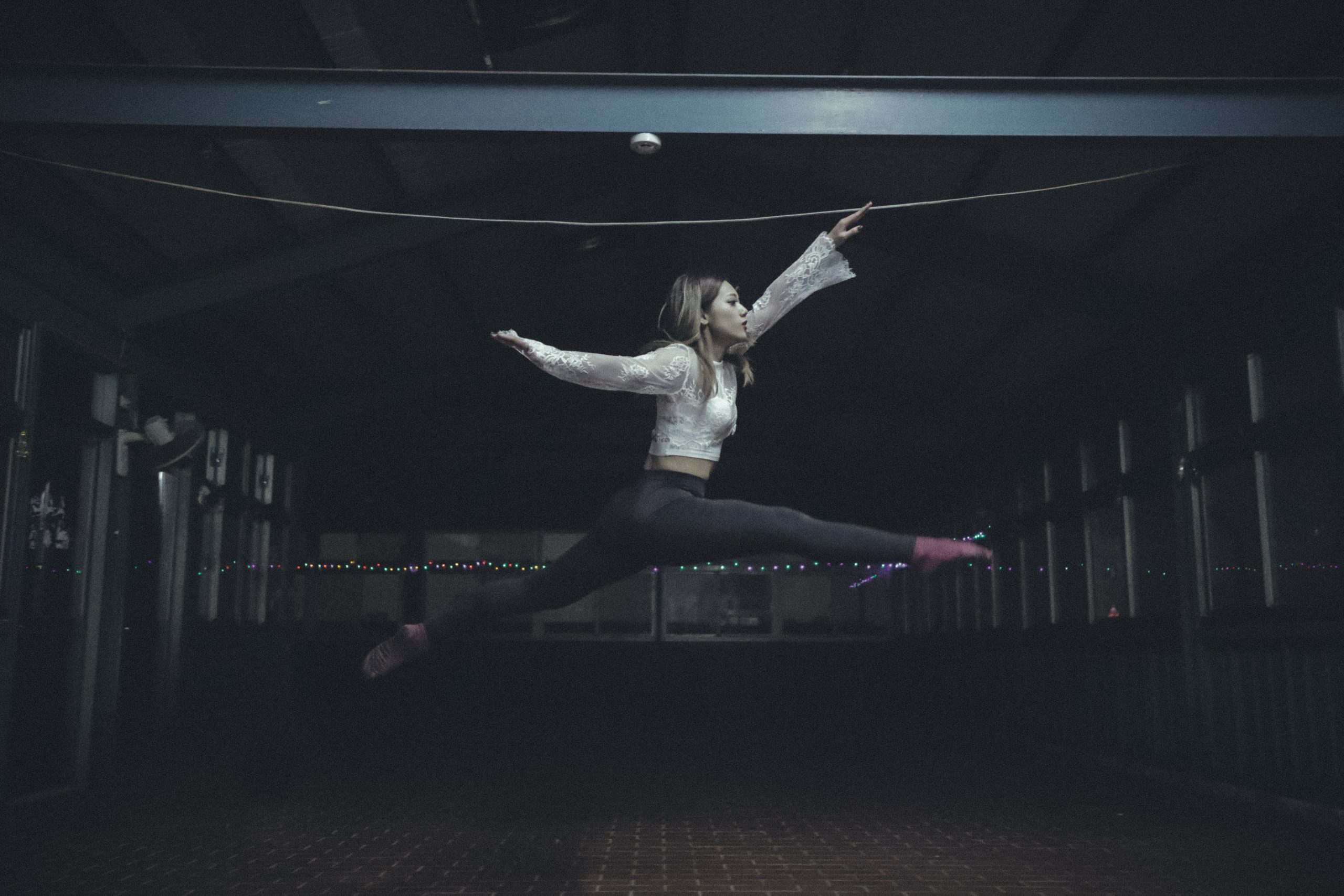Learning how to focus on yourself while in a relationship can be tough.
Relationships are about two people who need to put in an equal amount of time and effort to make it work. It’s easy to lose ourselves in romantic relationships as sometimes our priorities change and often even our routines.
Sometimes we need space. Sometimes we need to focus on ourselves.
This is why this article on how to focus on yourself in a relationship is so important.
You feel like you’re dating the absolute love of your life, and all you can think about is your future together. Everything you do involves consideration for them, sometimes even things you’re supposed to do independently.
This is common! We all seem to get a little lost in our relationships, especially if they’re still new and exciting.
Dedicating all your free time to the person you like at the beginning of a relationship is okay. But the following signs could mean it’s beginning to get unhealthy:
- A significant amount of time is spent being with them, and you don’t know what to do when they’re unavailable, even for a concise amount of time.
- You tend to get bored and annoyed when they’re not around all the time, and you’ve even started to pick up their daily habits.
- Activities that you used to enjoy doing prior to being with this person has diminished.
What does ‘losing yourself in a relationship’ mean?
Losing yourself in a relationship might mean that you’re so immersed in the relationship that you’ve completely lost touch with who you are. Your identity is attached dramatically to your significant other, and life doesn’t feel complete if your partner is not around.
This does not feel good to most people.
Ten signs you’re losing yourself and that you need to learn how to focus on yourself in a relationship
Losing yourself in a relationship may take the form of:
1. Your hobbies disappearing
If you give up your hobbies that you thoroughly enjoyed at some point, this is not a good sign.
2. Your friends say you’ve been ‘distant.’
It’s been two months, and you haven’t met your friends? Bad sign. Your friends make up for a good portion of your social support, and it’s essential to keep in touch with them for your own sake.
3. You’ve stopped referring to yourself as an individual in the relationship.
You’ve stopped using the words ‘I,’ ‘Me,’ ‘Mine’ in the relationship because you don’t want your partner to feel left out. However, this may impact your individuality negatively.
4. You avoid hanging out by yourself.
If you enjoy taking out time for yourself and you’ve stopped doing that because you’re in a relationship, you’re losing yourself. Taking time for yourself helps you realize many things about yourself and even understand yourself better.
5. It’s hard to differentiate why you’re doing something.
When you’re doing something, and it gets difficult to understand if you’re doing it out of your own will or for the relationship, it’s time you realize it’s not a good thing. If your choices are always made considering what’s suitable for your partner only, then it’s time for you to pick yourself back up.
6. Your opinions are theirs and vice versa.
We all have our perspectives and opinions. When both you and your partner’s opinions and viewpoints seem to have merged into each other, this is a sign you both need to find yourselves in your relationship. While becoming similar is common, maintaining your own identity is essential.
7. You get anxious more often.
Some amount of anxiety in a relationship is expected; however, it becomes an issue when you find yourself being more anxious than often. Losing yourself in a relationship is a bad feeling. This may trigger your anxiety levels, causing more stress.
8. You feel like a ghost at times.
When you’re losing yourself in a relationship, it is common to feel like you’re a “ghost” or like you’re running on “autopilot.” This means you might feel numb or like you’re not an active participant in your relationship. This might even include some uncertainty about your behaviors and actions.
9. You feel like you’re overly involved in your significant other’s life.
This is a widespread problem in a lot of romantic relationships. The partner in this situation often feels like they’re not being given enough space to “maintain” their individuality.
We can generally see it in parent-child relationships. Still, sometimes we tend to get very emotionally attached with our partners, keeping track of what they’re doing, where they are, who they’re with, etc., at all times!
An easy way to help yourself deal with an overly attached relationship is to do things that don’t involve your partner but help keep you busy or at least entertained.
10. You find yourself talking about your partner at all times.
When you’re hanging out with your friends or at family gatherings, you always talk about your partner. All your conversational topics seem to involve your partner. It seems cute at first, but it may get boring for the people you hang out with a lot.
For some of us, it’s easier to talk about things than it is to accept them. If there are some issues in your relationship you’re not addressing or talking about with your partner, they may surface as gossip around others. Hence, it is imperative to communicate with your partner openly.
Is losing yourself in a relationship normal?
Losing yourself in a relationship, especially at its beginning, is easy and normal. We all feel the need to be accepted and loved by our partners.
To make this happen, we often give them all parts of ourselves, losing touch of who we are at our very core. You need to be conscious not to let this happen.
We often depend on our partners for our need for affection and love, which is not entirely wrong. But it can gradually become too much of a good thing. You both must grow and progress individually and as a couple.
Losing yourself in a relationship may be inevitable. Still, the individual growth and personal journey that may come out of it is something we recommend to everyone, at least once in their lifetime.
Most people only realize that they’ve completely lost their individuality after a relationship has ended. However, some incident that made you know you’re losing yourself could have brought you here, reading this article.
Don’t worry. We’ve got you! Here’s what you can do when you feel like you’re slowly losing yourself in a relationship.
20+ Things to do When You Want to Focus on Yourself in a Relationship
Here are certain changes to make if you’re losing yourself in a relationship:
1. Take some time out for yourself
It is essential to know where you and your partner differ in perspective, characteristic, and personality. It’s also essential to accept and cherish the difference. Every detail that makes you is different from every detail that makes them.
Take time to do things by yourself, for yourself, and with yourself, away from the relationship—practicing this routine will make you and your partner happier and toxicity-free. Spending time with yourself will help you save the relationship if you two were to break up (god forbid!)
2. Focus on your goals
Never forget your ambitions while being in a relationship. Individuals often forget themselves and their own life after getting into a relationship.
Whether your goals include being successful in your career or getting good grades in your college, work on them to reach stars. Rediscover your passion and goals again along with your relationship. Learning how to focus on your career, goals and life is also building a healthy foundation within your relationship.
You don’t want to have any regrets.
3. Spend time with your family
Your family is just as equally important as your romantic relationship. Of course, It’s vital that your partner and family get along well, but sometimes all you need to do is spend time with them alone and separate. Spending time with our family gives us a sense of belonging. A little bonding with family never hurts.
4. Spend time with your best friends
There’s nothing more special than spending time with your friends. Staying in or having a sleepover with them is the best idea to have fun and feel like yourself again.
Most people have a circle of friends they’ve known for a while, and when times get tough, they help us deal with issues much better. It’s more difficult to get over a breakup or hard times all by yourself, but with your friends; things get easier.
5. Remember your individuality
Maintain your individuality and freedom in a relationship. Be vocal about your needs and if something is unacceptable. Tell them to know of the smallest things that you want. For instance, letting them know where you want to eat dinner or where you want to go for a date. These habits can make you feel empowered when you’re trying to gain yourself back.
If you think your voice and opinion are being neglected, make sure you say it out aloud and make them listen. You should be able to freely put forth your views and ideas about anything you wish.
Yes, you are your partner’s girlfriend or boyfriend but don’t forget their opinion is not your only perspective. It’s completely fine to have a different opinion than that of your partner.
Learning how to focus on yourself in a relationship comes with understanding that you grow as an in
6. Learn to differentiate
Set clear boundaries about things you find unacceptable and things you want in a relationship.
Prioritize your relationship with yourself; it is as equally important as the one you have with your significant other. If anything, it’s more important than anything else. Be careful to respect the differences between the two of you.
7. Get a clear understanding.
Introspection can help you self-reflect in a lot of situations. Declutter your mind by asking yourself the following questions:
- Why do you feel like you’re losing yourself?
- Is there something about the relationship that is bothering you?
- Or is there something outside of it?
- Is this happening out of boredom?
- Do you think your relationship lacks necessary communication?
It’s always good to be clear about your feelings and why you feel the way you feel. If you know where you are in the relationship right now, it’ll be easier for you to understand where you want to be in the near future.
8. Think about the future
Losing sight of what you want in life is easy when you’re in a relationship. Your other priorities may take a back seat when you’re in love. Think about the future; where and who do you want to be a few years down the line?
Keep that person and situation in mind and act accordingly. Plan your steps ahead while keeping your future, actions, and goals in mind.
9. Examine your behaviors
If there is any resentment or unspoken communication in your relationship, you might need to clear things out to save the relationship. However, if you are constantly fighting and finding excuses— you might not be as happy with it as you may think.
Examining your behaviors and understanding your grievances will help you clarify where the thought of ‘losing yourself’ actually stems from.
Many people fear disapproval from their partners, so they accept things that are generally not acceptable in a relationship. If you’re afraid of disapproval or disappointing your partner, you might need to relocate your behavior and act upon it.
10. Go on dates regularly.
Building an emotional connection takes effort, and going on dates with your partner will help you achieve just that.
Do understand you can balance loving yourself and your partner just fine.
Going on dates regularly will reassure your partner that you still love and cherish them despite wanting to spend some time alone.
Just because you’re trying to find yourself in this relationship doesn’t mean you love them any less. Secondly, regular dates will also help you find time to communicate about anything and everything you wish to.
11. Challenge yourself
Like any other individual, you’re entitled to your ambitions and dreams. If you’ve had a dream that you’ve been too afraid to chase, now’s the time for you to step up and do it.
Find things you’ve put behind for whatever reason and do them now. It’s a way to progress and grow into yourself along with your partner.
Just because you’re in a relationship doesn’t mean that you don’t put yourself first or grow like everyone else.
13. Have open conversations
Openly communicate with your partner about the things you like or dislike. Let them see who you are genuinely at all times. Know and understand that they are worthy of getting to know the “real” you if you are in a relationship with them. You picked them for a reason; make sure you let them know.
14. Disagree if you must
If you want to disagree on something your partner has said but agree with them nonetheless to keep their heart or because you’re trying to avoid conflict, it may decrease the importance of your future decisions..
It would help if you spoke about anything that bothers you or anything you’re not okay with. Disagreements are a part of all healthy relationships— it will only help you understand each other better. Make sure you respect their opinions while making sure they respect yours. Relationships work both ways.
15. Put yourself first
If you take care of yourself, you’ll be able to take care of everyone around you, including your significant other, so make yourself your priority. It’s not selfish to think about yourself; understand that you’re as important for yourself as anyone else is for you.
16. Set a routine
Oftentimes, learning how to find yourself again in a relationship is because you’ve steered away from the routine you had before. Routines are a way of keeping yourself busy and distracted for most people. What’s a lesser-known fact is— setting a routine for yourself such as skincare sessions or morning exercises will help you make time for things you enjoy and like doing.
For instance, many people read for a specific amount of time before going to bed because they like reading. Research also shows that routines have proven to improve mental health.
17. Practice Self-love
Easier said than done, right? We know. Practicing self-love means practicing self-compassion, being kind to yourself, and accepting your flaws.
It is essential to understand yourself before expecting someone else to do the same for you.
18. Trust your partner
There is a big difference between being controlling and trusting your partner. Don’t be controlling of your partner and don’t try to tell them what they must do; this will push them away. Instead, please give them the freedom they deserve to maintain their individuality.
19. Don’t neglect other relationships.
There are relationships other than romantic ones we share with people. These may be our long-distance friendships or even our grandparents. Relationships don’t need to be romantic to be of value to us. It’s essential to maintain these relationships because they make you who you are.
20. Listen to your intuition.
Go with your intuition; follow your gut if you’re ever confused about where you stand in your relationship. Your heart will always know what to do; you must be willing to listen.
It is vital to remember that people lose themselves even in positive relationships, not just toxic ones.
Everything may be perfect in your relationship, but the feeling of you being too emotionally attached and dependent upon your partner may linger in your conscience.
Open communication will help you find yourself again and maintain a sense of identity.
21. Talk to your partner.
Remember that your partner is not your enemy. Talk to them about how you’ve been feeling.
Conclusion
Two individuals make a relationship, not just one; be sure to be you at all times. Learning how to find yourself again in a relationship can be a hard but rewarding task for your personal growth. Be brave about speaking up for yourself. Take up space and take a stand for yourself whenever necessary. Do this without feeling any guilt. You deserve to be your person even when you’re in a relationship.
Our behaviors and feelings, to some extent, impact our partners, and while this is important to understand in relationships, it is also essential to maintain individuality. Losing yourself is easy; learning how to find yourself again in a relationship may be a little tough, but hey, you’ve got this!
Share with us your stories of how you’ve been feeling!
And if you think you’re struggling, remember that it’s okay to reach out to trained professionals for help.





